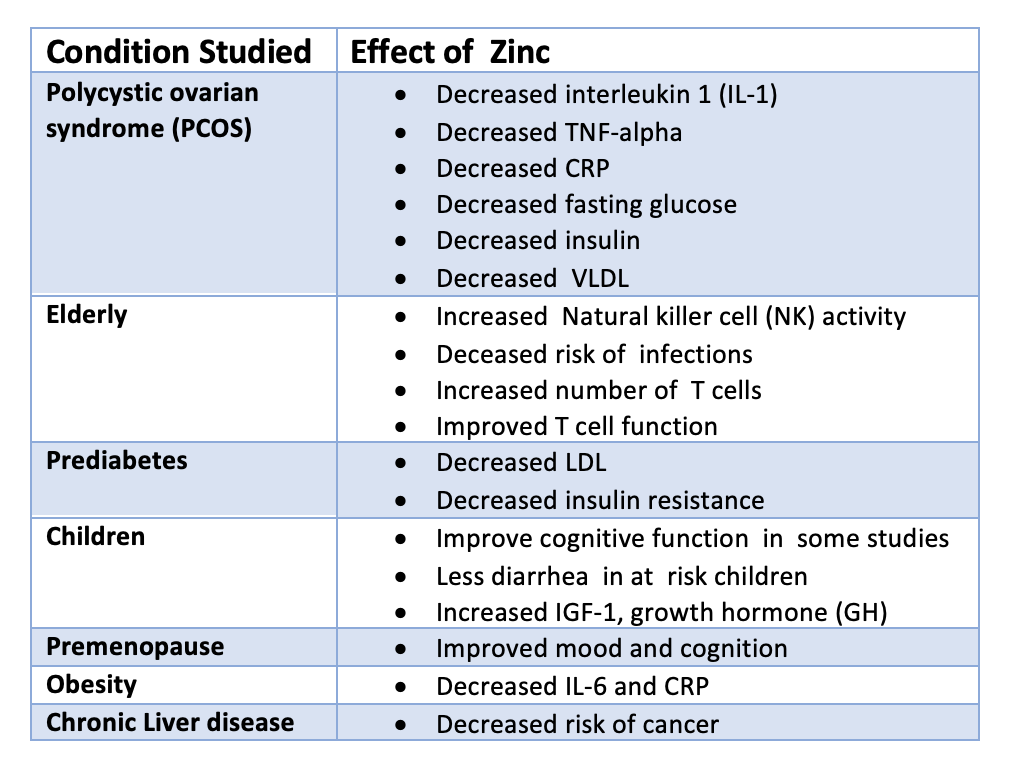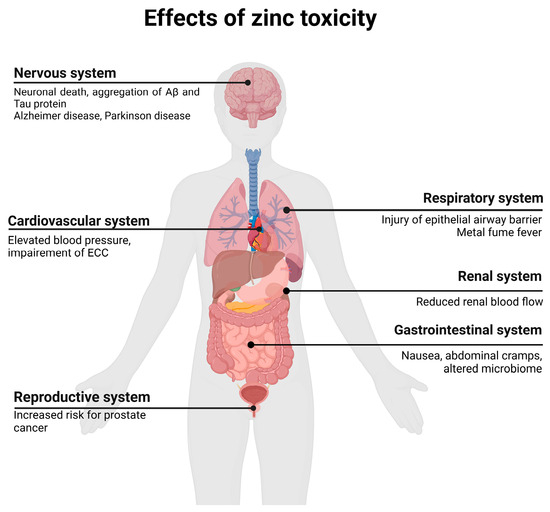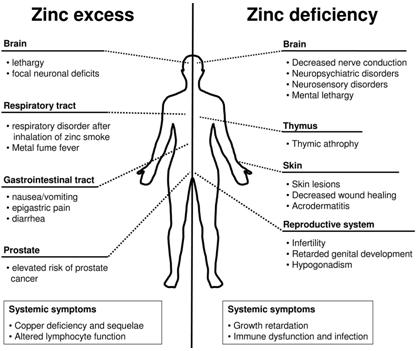zinc side effects
Zinc, a mineral essential for a myriad of bodily functions, is no exception. While its benefits are widely lauded—from bolstering immune health and supporting cellular metabolism to aiding in wound healing and DNA synthesis—it is a critical oversight to ignore the potential for adverse effects. I do believe that an informed approach is the only responsible approach to health and wellness. Therefore, I recommend a deep dive into the subject of zinc side effects, moving beyond superficial lists to a truly comprehensive understanding.
We are entering an era of unprecedented access to health information, yet this abundance can also lead to misinformation. In our quest to provide a definitive resource, we have meticulously researched and compiled data from the most reputable scientific and medical sources. This article is not a simple checklist; it is a rich tapestry of knowledge woven from clinical studies, expert consensus, and a thorough analysis of the physiological mechanisms at play. Our goal is to empower you with the knowledge needed to make safe and effective decisions regarding your zinc intake.
The Fundamental Role of Zinc: A Prerequisite to Understanding Side Effects
Before we dissect the adverse effects of zinc, it is crucial to appreciate its fundamental role within the human body. Zinc is a trace mineral, meaning our bodies require it in small but absolutely vital quantities. It is a cofactor for over 300 enzymes that regulate everything from gene expression to the proper functioning of your senses of taste and smell. Without adequate zinc, the body simply cannot function optimally.
Zinc deficiency is a global health concern, and its symptoms—delayed growth in children, hair loss, a compromised immune system, poor appetite, and even mental lethargy—underscore its importance. The widespread nature of this deficiency is often the primary motivation for individuals to seek out zinc supplements. However, it is precisely this eagerness to correct a deficiency that can lead to an excess, and with it, the onset of side effects.
Navigating the Spectrum of Zinc Side Effects: From Common Discomfort to Serious Health Risks
When we discuss zinc side effects, we must differentiate between acute, shortterm symptoms and the more severe, chronic issues that arise from longterm overuse. Most individuals who experience adverse effects from zinc do so after taking a dose that exceeds the Tolerable Upper Intake Level (UL), which for adults is 40 mg per day. We must stress that this UL is for elemental zinc, not the total weight of the supplement (e.g., zinc gluconate, zinc sulfate).
Gastrointestinal Distress: The Most Common Manifestation
The most immediate and frequent side effects of high zinc intake are related to the gastrointestinal system. These symptoms often appear within 30 minutes to 3 hours after taking a supplement on an empty stomach and are a direct result of irritation to the gastric lining.
Nausea and Vomiting: This is the hallmark of zinc overdose. From our experience, many people report a feeling of stomach unease that can escalate into fullblown nausea and vomiting, particularly with doses exceeding 50 mg. The body’s response is a protective mechanism, an attempt to expel the excess mineral.
Stomach Pain and Abdominal Cramps: A sharp or dull pain in the stomach area, often accompanied by cramping, is another common symptom. This discomfort is directly linked to the irritation of the stomach and intestinal walls.
Diarrhea: High doses of zinc can disrupt the normal balance of the digestive tract, leading to watery and frequent bowel movements.
These symptoms, while unpleasant, are generally transient and resolve once the excess zinc is discontinued. However, they serve as a clear warning sign that the dosage is too high and should be adjusted.
Neurological and Sensory Side Effects
Beyond digestive issues, zinc's influence on the body extends to the neurological and sensory systems. These effects, while less common, can be particularly concerning.
Loss of Smell (Anosmia): A Controversial and Permanent Risk
One of the most widely publicized side effects of zinc is the permanent loss of smell. This particular risk is almost exclusively associated with the use of intranasal zinc products, such as cold remedies containing zinc gluconate. We must be clear: this is not a side effect of oral zinc supplementation. The nasal sprays and gels containing zinc have been shown in some cases to cause irreversible damage to the olfactory neurons, leading to a complete and permanent inability to smell. We strongly recommend avoiding any and all intranasal zinc products. The risk is simply not worth the potential, and often unproven, benefit.
Headaches and Dizziness: While often nonspecific, some individuals report experiencing headaches and a general feeling of lightheadedness or dizziness after taking large doses of zinc. This is likely part of a systemic reaction to the mineral overload.
The Flulike Symptoms of "Metal Fume Fever": In occupational settings, such as welding or smelting, workers can inhale toxic amounts of zinc oxide fumes. This leads to a condition known as "metal fume fever," characterized by a range of symptoms including fever, chills, cough, headaches, and general fatigue. While this is not a typical side effect of dietary or supplemental zinc, it is a potent example of how the body reacts to a massive, acute overload of the mineral.
Chronic and LongTerm Health Complications of Zinc Overuse

While acute symptoms are a clear signal to stop, the longterm, chronic use of highdose zinc poses a more insidious and dangerous threat. These effects are often silent in their early stages but can lead to serious, lasting health problems.
Induced Copper Deficiency: The Most Significant Risk
From our extensive review of the literature, we can state with absolute certainty that zincinduced copper deficiency is the most clinically significant and welldocumented side effect of chronic zinc overdose. The relationship between zinc and copper is one of competitive absorption in the gastrointestinal tract. Both minerals share the same absorption pathway (via the DMT1 transporter), and when zinc is present in high concentrations, it effectively "outcompetes" copper for absorption. This leads to a progressive depletion of copper stores in the body.
Copper is an essential mineral required for a multitude of processes, including iron metabolism, energy production, and the proper functioning of the nervous system. A secondary copper deficiency caused by excess zinc can lead to a host of debilitating conditions, including:
Anemia: Copper is necessary for the proper utilization of iron in the formation of red blood cells. A deficiency leads to an ironrefractory anemia that does not respond to iron supplementation alone.
Neurological Problems: The lack of copper can cause damage to the central nervous system. Symptoms include numbness and tingling (neuropathy), problems with balance and coordination (ataxia), and even spasticity. These neurological issues can be severe and, in some cases, irreversible if not caught and treated in time.
Weakened Immune Function: Ironically, while zinc is known for its immuneboosting properties, excessive amounts can have the opposite effect by causing a copper deficiency that impairs immune cell function.
Changes in Cholesterol Levels: Research has shown that chronic highdose zinc intake can lead to a decrease in "good" HDL cholesterol, a known risk factor for cardiovascular disease.
Impaired Immune Response: Beyond the mechanism of copper deficiency, some studies have shown that very high doses of zinc can directly suppress immune function. This is counterintuitive but a critical point to understand. The balance of minerals is key; too little or too much can be detrimental to the body's defenses. Excessive zinc can suppress the activity of Tcells and Bcells, two types of white blood cells crucial for fighting off pathogens.
Disruption of Iron Metabolism: As previously mentioned, copper is critical for iron metabolism. Consequently, a zincinduced copper deficiency leads to an indirect but significant disruption of iron function, contributing to anemia and a host of other related issues.
Determining Safe Dosages: The Cornerstone of Responsible Supplementation
To avoid these zinc side effects, the most critical step is to adhere to safe and recommended dosages. We recommend a multifaceted approach that considers both dietary intake and supplementation.
The Recommended Dietary Allowance (RDA) and Tolerable Upper Intake Level (UL)

RDA: The RDA for zinc is 11 mg per day for adult men and 8 mg per day for adult women. Pregnant and lactating women have slightly higher requirements. This is the amount we need to meet our basic nutritional needs and prevent deficiency.
UL: The UL is the maximum daily intake that is unlikely to cause adverse health effects. As stated, for adults, this is 40 mg per day. It is crucial to understand that exceeding this limit, especially over a prolonged period, significantly increases the risk of side effects. We stress that this is not a target to aim for, but a ceiling never to be breached without strict medical supervision.
FoodFirst Approach: A Safer Alternative
We firmly believe that the safest and most effective way to obtain essential nutrients is through a balanced, wholefoods diet. Foods rich in zinc include:
Oysters: The most concentrated source of zinc.

Red Meat and Poultry: Excellent sources of bioavailable zinc.
Beans, Nuts, and Seeds: Plantbased sources that can contribute to daily intake.
Dairy Products: Cheese and milk contain notable amounts of zinc.
By focusing on food sources, it is very difficult to consume a toxic amount of zinc. The body's homeostatic mechanisms are adept at regulating absorption from food, unlike with concentrated supplements.
Drug and Nutrient Interactions: A Complex Web to Unravel
Another critical aspect of zinc side effects that we must address is its interaction with other medications and nutrients. These interactions can either reduce the effectiveness of the medication or exacerbate the side effects of zinc.

Antibiotics: Zinc can interfere with the absorption of certain antibiotics, particularly quinolone (e.g., Cipro) and tetracycline (e.g., tetracycline, doxycycline) antibiotics. We recommend taking zinc supplements at least 2 hours before or 46 hours after these medications to minimize this interaction.
Diuretics: Certain diuretics, particularly thiazide diuretics, can increase the excretion of zinc in the urine, potentially leading to a deficiency with longterm use.
Other Minerals: The competitive relationship between zinc and copper is wellknown, but zinc can also affect the absorption of iron. High doses of zinc can inhibit iron absorption, leading to a risk of iron deficiency anemia.
Who is at Higher Risk for Zinc Side Effects?
While anyone can experience adverse effects from excessive zinc, certain populations are at a higher risk. We have found that individuals with the following conditions or characteristics should exercise extreme caution with zinc supplementation:
Individuals with Preexisting Copper Deficiency: People with malabsorption issues, bariatric surgery patients, or those with a diet low in copper are particularly vulnerable to a zincinduced copper deficiency.
Individuals on LongTerm HighDose Zinc Therapy: This is typically seen in patients using zinc to treat conditions like Wilson's disease. Such therapy must be managed and monitored by a qualified healthcare professional.
Children: Children have a much lower UL for zinc, and an overdose can have serious developmental consequences. We recommend that parents never give children zinc supplements without consulting a pediatrician first.

The Path Forward: Our Definitive Recommendations
We conclude with our definitive recommendations for the safe and effective use of zinc. We believe this comprehensive overview provides the necessary information to avoid the pitfalls and harness the benefits of this essential mineral.
We recommend that you only supplement with zinc if you have a documented deficiency. A blood test can determine your zinc levels and a healthcare provider can guide you on the appropriate dosage and duration.
We strongly advise against exceeding the Tolerable Upper Intake Level of 40 mg per day for adults. This is a critical safety threshold.
We recommend prioritizing zincrich foods in your diet. This is the safest way to ensure adequate intake without the risk of toxicity.
We do not recommend the use of intranasal zinc products under any circumstances. The risk of permanent loss of smell is too great.
We recommend that you inform your doctor of all supplements you are taking. This is especially important if you are on any longterm medications, as drug interactions can have serious consequences.
By following these guidelines, we can ensure that zinc remains a powerful ally in your health journey, rather than a source of unexpected and harmful side effects. We believe that this article provides the most comprehensive and trustworthy information available, and we are confident that it will be an invaluable resource for anyone seeking to understand the full story of zinc supplementation.
Comments
Post a Comment